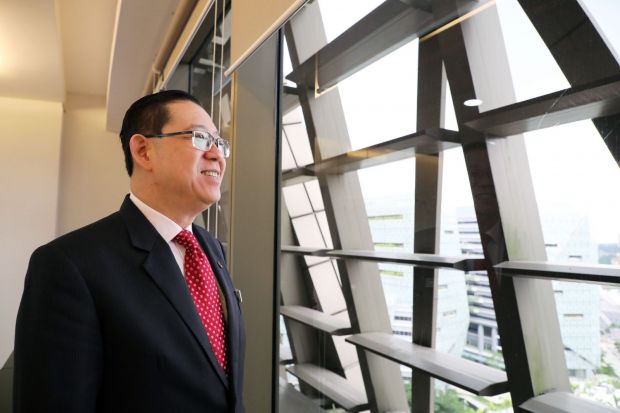Malaysia’s Budget 2020 might see SME support, infrastructure spend: analysts
SMALL and medium enterprises (SMEs) may be among the main beneficiaries of Malaysia’s Budget 2020, to be tabled on Oct 11, said analysts, as Finance Minister Lim Guan Eng has foreshadowed upcoming contingency measures to insulate the country from the fallout from the trade war between the United States and China. More government infrastructure projects may also help to spur construction activity.
The expansionary impetus will have to be balanced against the task of narrowing the fiscal budget. The general expectation is for a fiscal deficit of 3.2 per cent of GDP for 2020, wider than the initial target of 3 per cent but nonetheless narrowed from 2019’s 3.4 per cent deficit.
In a Sep 12 note, UOB Global Economics and Market Research economists see Budget 2020’s focus staying on SMEs, alongside the B40 (bottom 40 per cent) income group.
The good news for all firms is that the government has signalled that no new taxes will be introduced — though corporate tax cuts are unlikely to be on the cards. For SMEs, possible moves include lower interest rate funding for small holders involved in smart farming; a higher allocation to boost enterpreneurship; and enhanced access to financing from the capital market.
Other economic measures could include:
- Tourism-focused measures such as more visa-on-arrival facilities and Special Tourism Investment Zones
- Continued incentives to raise the adoption of technology and digitalisation
- Incentives for green technology and green financing
The UOB economists expect the government to set aside RM5 billion to RM8 billion as contingency funds, with the priority being on “high impact and high multiplier projects”. “Should the contingency funds be fully utilised, Malaysia’s fiscal deficit may widen to around 3.5 per cent to 3.7 per cent of GDP next year,” they added.
In a Sep 17 note, RHB Research also said it expects a mini fiscal stimulus package, with grants and financing guarantees for SMEs among the possible measures. Other possibilities include an extension of reinvestment allowance for firms in manufacturing or selected agricultural activities, and higher development expenditure to boost construction activity.
RHB Research expects some RM3 billion in development spending, including upgrading of existing public buildings as well as possible new transport infrastructure projects.


 Thailand
Thailand




